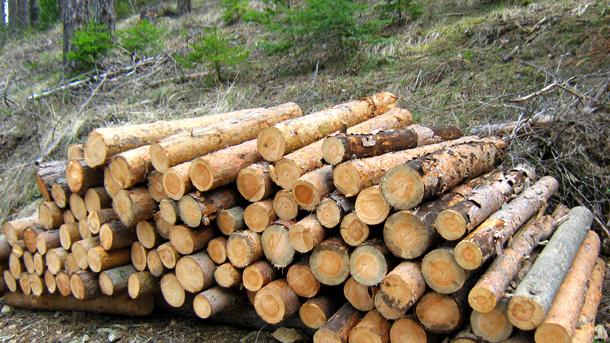
Robert Joseph Miller, Bulgaria’s Honorary Consul in Nevada, was awarded the prestigious “Golden Laurel Branch” of the Ministry of Foreign Affairs for his exceptional merits in maintaining the diplomatic relations between the US and Bulgaria. The award..
The cool autumn evenings give us a reason to immerse ourselves in the cosy atmosphere of restaurants in Sofia and try new flavours inspired by global culinary trends. Leading Italian travel platform praises Sofia in autumn..
At 04:00 Bulgarian time on October 26, 2025, we must turn our clocks back one hour. This means one more hour of sleep, but it does not eliminate the stress for the body as a result of the change in the biological schedule,..
The village of Hotantsa, near the Danube city of Ruse, is hosting the Hotantsa Sarma Festival , a celebration of Bulgaria’s culinary and folk heritage...

+359 2 9336 661
